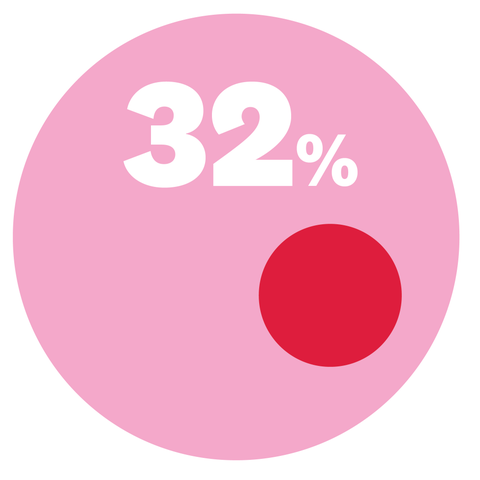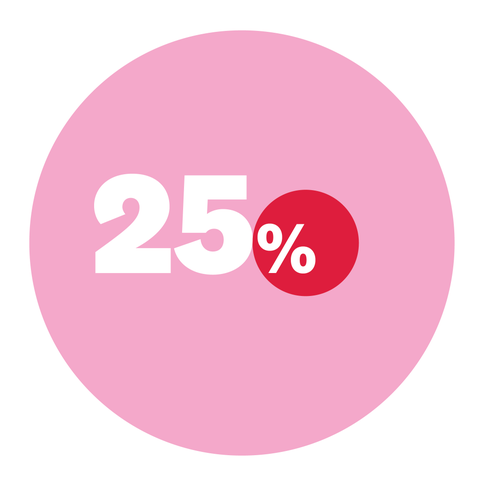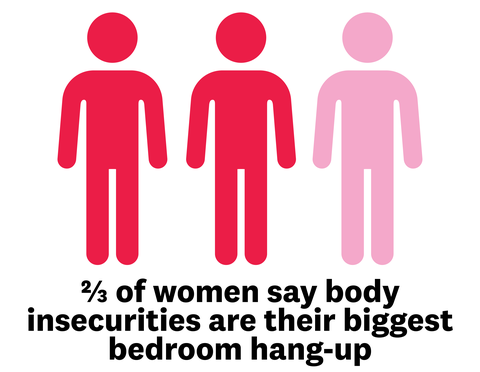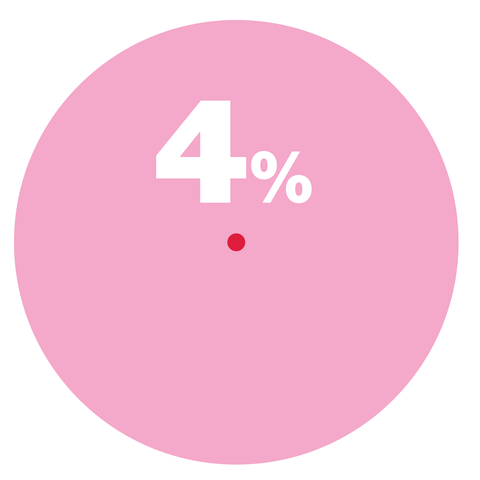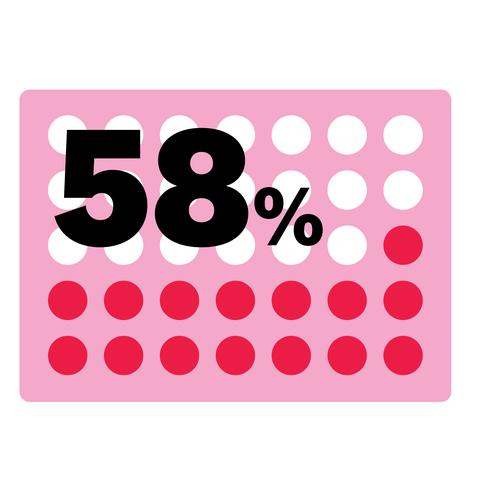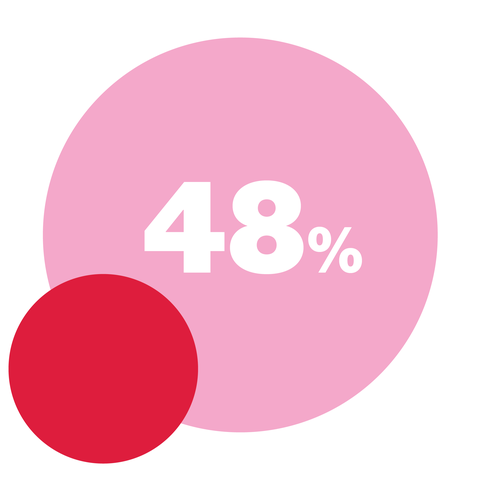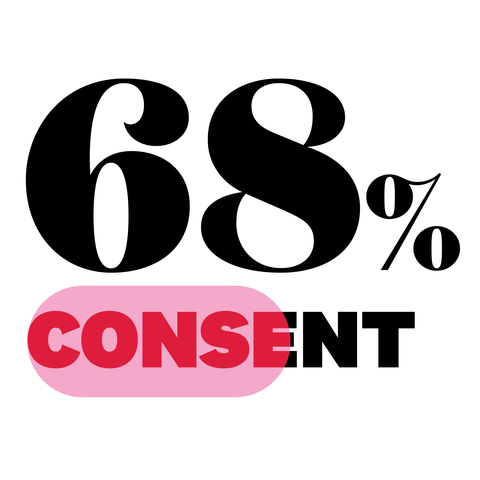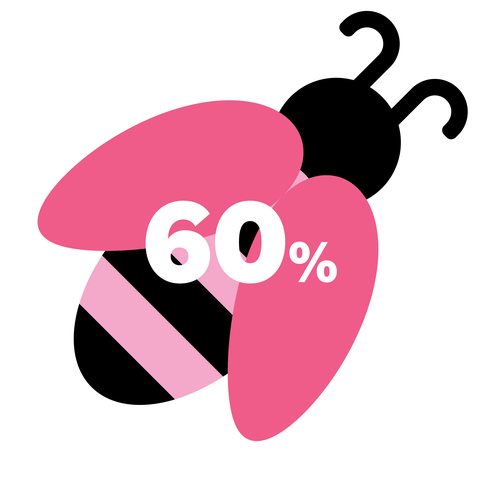A healthy sex life isn’t just about having it. It’s about owning it—as in, embracing your wants, then feeling satisfied and empowered as a result. Consider this your take-charge guide.
You could eat an apple a day in the name of your health, orrrr you could have an orgasm: The two are comparable in the body-benefits department, though one is way more fun. Studies show sex can relieve headaches, improve sleep, lengthen life span, and bolster immunity. Beyond the physical bennies, regular sex can also boost your self-esteem, reduce anxiety, increase job satisfaction (for real!), and, of course, bring you closer to your partner. Yeah, that’s a lot.
Thing is, when Women’s Health (hi) and Men’s Health surveyed 1,467 people of all sexual orientations and ages about what they do in bed (or the shower, or car…), about 60 percent of women said their desires are usually or always met during sex, compared with 72 percent of men. Worse, 24 percent of women say they want to be open about these desires and needs but struggle to tell their S.O. (Another 8 percent say they wouldn’t voice them at all, to anyone, ever.)
So if you’re one of those feeling meh about your sex sitch, your satisfaction will only increase if you express what turns you on (or, you know, doesn’t). Let these tips guide you to O and beyond.
Slow and steady wins the sensual race.
That’s 3.4 out of 5. Go slow if you want to kick it up a notch (or 1.6, to be specific). “Women are like Crock-Pots, and men are like microwaves,” says Megan Fleming, PhD, a psychologist and sex therapist. Meaning, depending on your sexual orientation, you might take longer to get aroused than your partner—that’s 100-percent normal.
Extend foreplay by making above-the-waist action the main event (pretend you’re back in HS), or try a sensual massage (touch releases hormones that help put you in the mood), Fleming says.
Don't wanna be "vanilla"? Add some sprinkles.
That’s great news, since it’s easy for any routine to turn stale (see: the oatmeal-PB breakfast you used to love that now bores you to tears). If you’re unhappy and non-experimental, it’s time to change the latter to change the former. The talk doesn’t need to be heavy; just strike up a convo about what you’d like to try, says Marianne Brandon, PhD, a clinical psychologist.
No bucket list? She recommends watching porn to see what turns you on and what you’d feel comfortable replicating IRL, then showing it to your partner to gauge their response. And games are gold: Brandon suggests a sexy “Would You Rather…?” to open up without any awk vibes.
Pro tip Make sure you’re aroused before trying anything new, Fleming says, then take baby steps—not leaps—out of your comfort zone. You wouldn’t run a marathon without easing into it with a few 10-Ks first, y’know?
Get yours by getting honest.
The orgasm gap is a tale as old as time, but it’s R-E-A-L. Research shows that only 18 percent of women can come from penetration alone, so feel free to recruit your fingers or a vibrator. Whatever you do, “don’t fake an orgasm,” Fleming says, “because then your partner thinks what they’re doing is working when it’s not.”
Add some buzz to the bedroom.
The more you know what rocks your body, the better sex you’ll have with your plus-one. (P.S. A quarter of men say they own a vibrator.) Use your nontech turn-ons as a shopping guide, says sex therapist Holly Richmond, PhD: Do you like one finger? Two? Choose a size accordingly.
Call off the invasion of the body bashers.
Blerg. “You could turn yourself off by the way you think about your body,” says Fleming. Take a tip from yoga/meditation and focus on the now—the pleasure your bod can bring you—sans the self-critical (and inaccurate) thoughts.
Top three areas where's there room to improve:
Cue the balancing act of scheduling sex so it actually happens (frequency), loving every second of it (passion), yet still throwing in the occasional surprise (spontaneity). Seems Olympic-level ambitious, but Fleming says mere mortals can hit all three. First, she recommends carving out dedicated times—could be 15, 30, 60 minutes or more. Then sprinkle in spontaneity by asking yourself, “What would feel good right now?” which encourages you to mix up your setting, position, speed, etc. As for passion, research shows passionate couples talk about sex (told ya), have more frequent sex, and try new positions and Astroglide lube.
The (Online) Dating Game
WH teamed up with Bumble to survey single women and men about what really goes down after you make a match.


